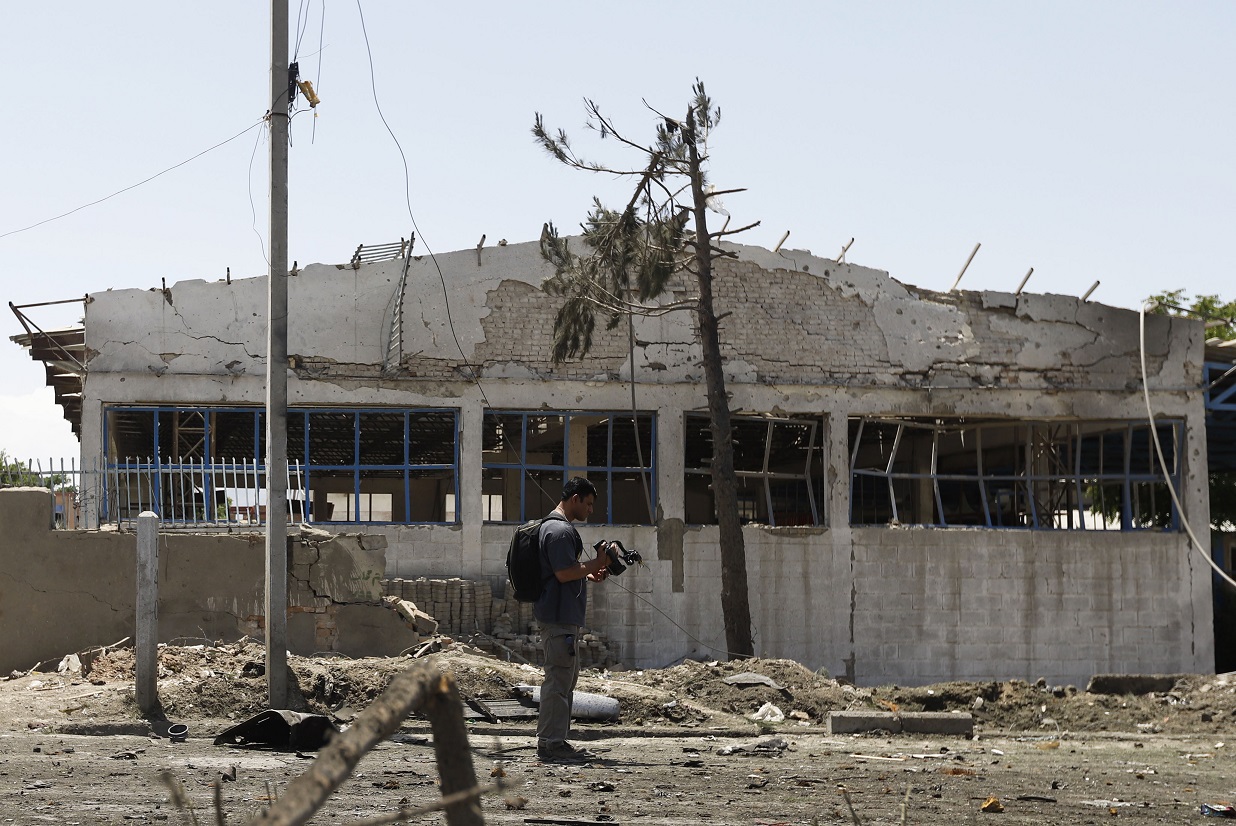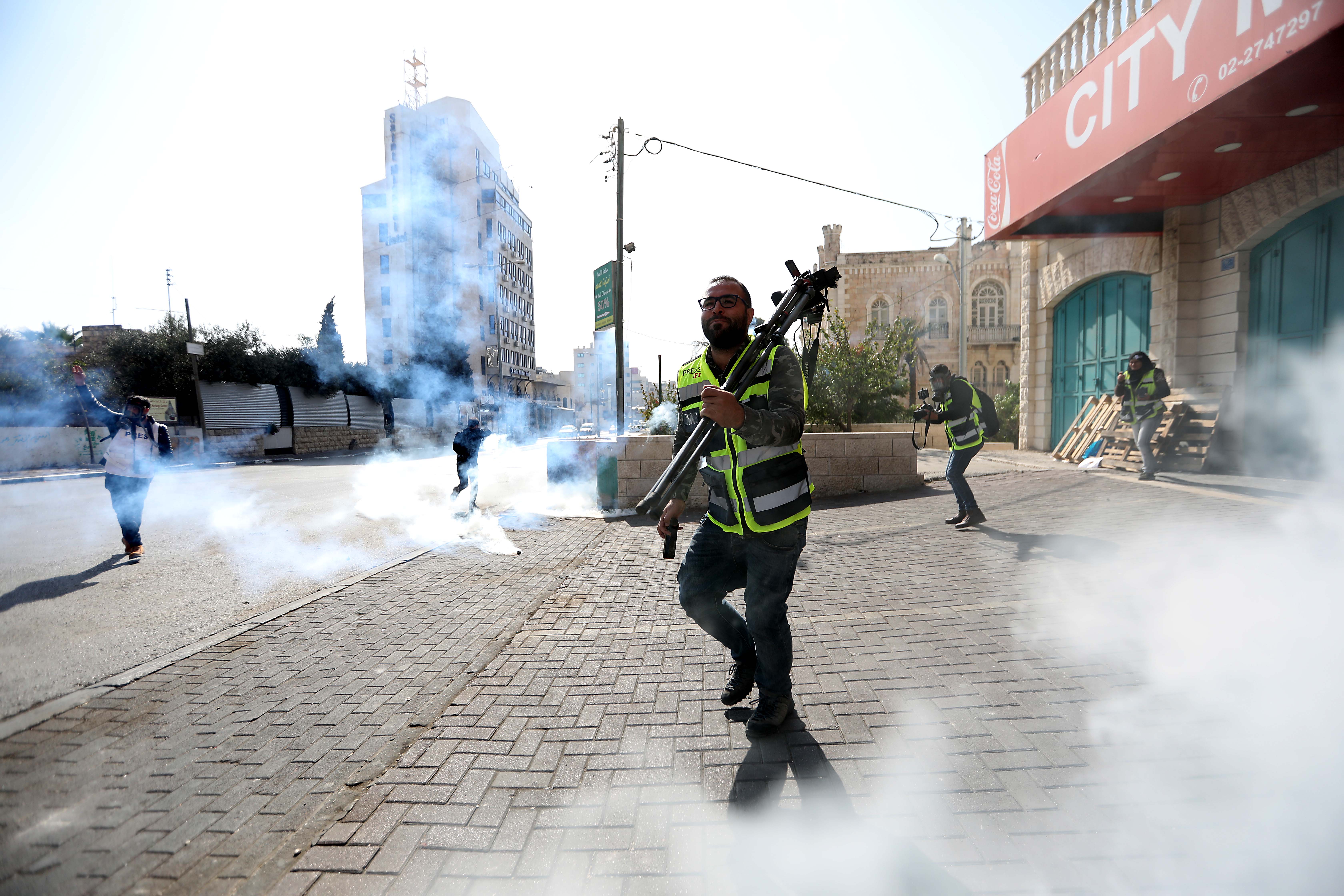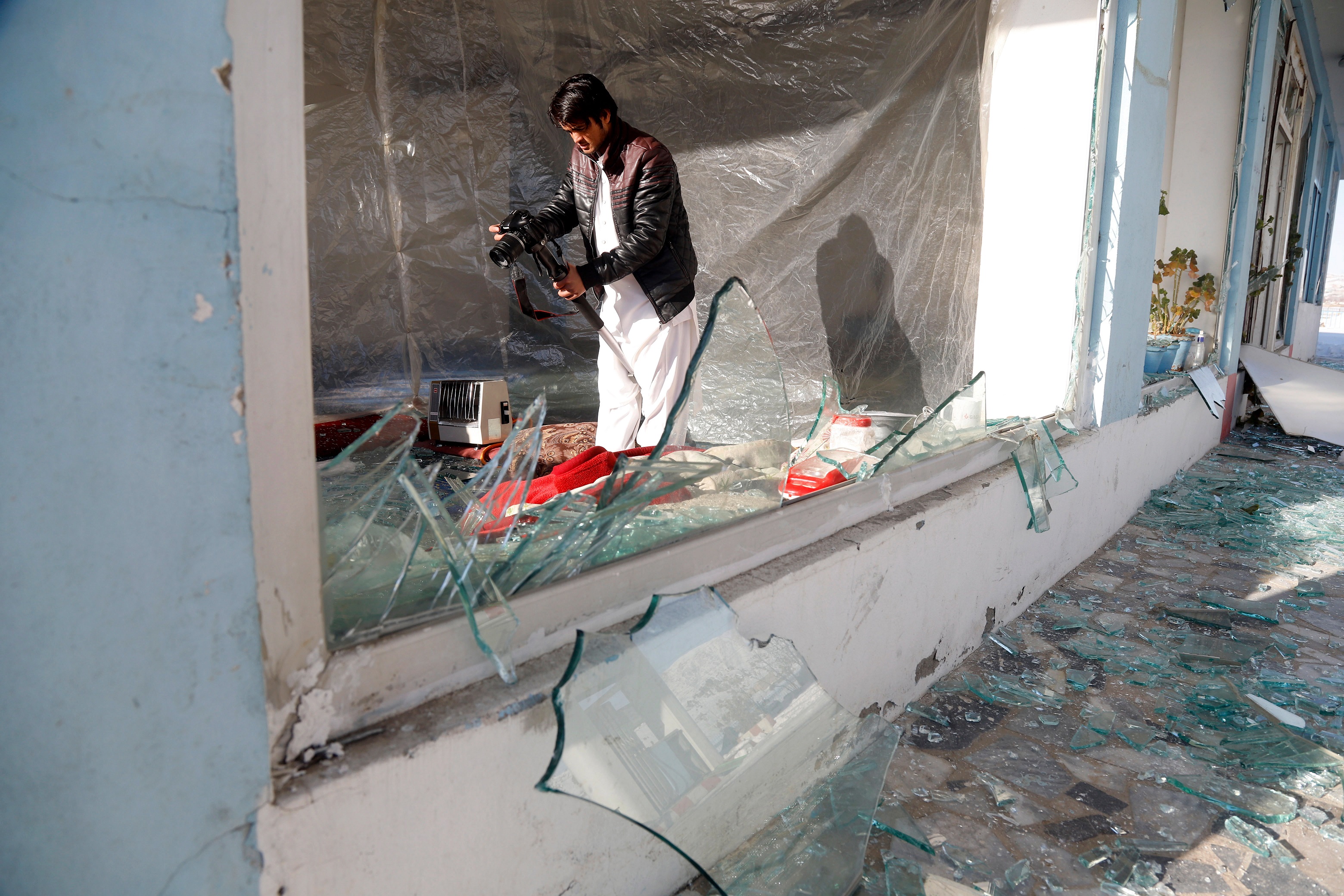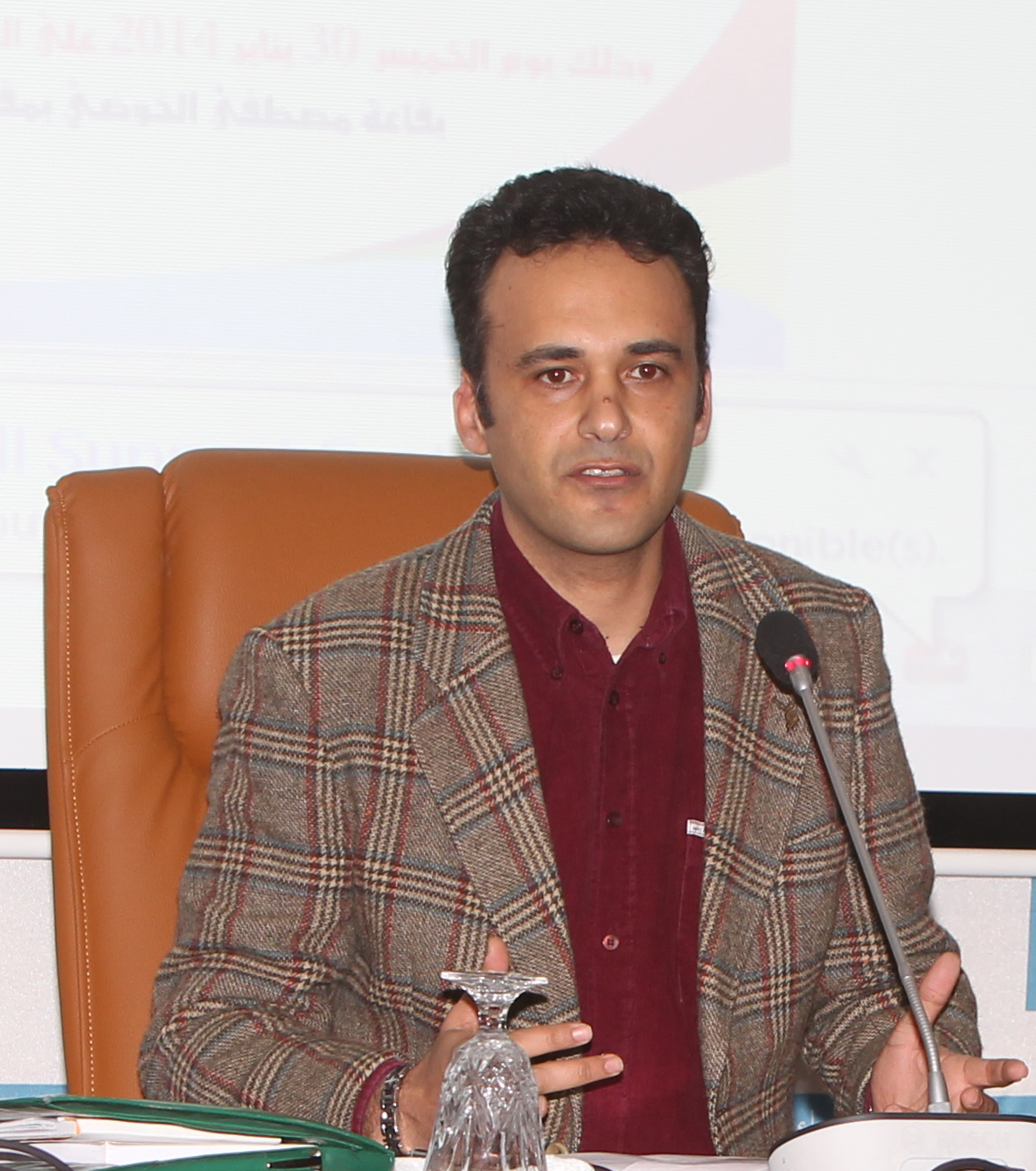منطقان متعارضان.. يتوخى المراسل الكشف، ويراهن الفاعل العسكري على الحجب. ذلك لأن المعلومة ثقل يرجح كفة هذا الطرف أو ذاك على طرفي الجبهة.. يريد المراسل أن يعرف أكثر ويسلط الضوء على المناطق المظلمة، بينما يود المقاتل أن يحتفظ بهامش المبادرة خارج القيود التي تفرضها عيون العالم في الميدان. شغف السبق إلى المعرفة والإخبار لدى الصحفي يجعله في موضع شبهة مزمنة.. هو جاسوس حتى إشعار آخر بالنسبة لقيادات سياسية وعسكرية، وأحيانا بالنسبة للأهالي أيضا. وتتعاظم الشبهة متى حمل الصحفي جنسية القوات المعادية.
تعددت عوامل هذا الوصم ما بين انحراف فعلي لحامل الرسالة الإعلامية نحو خدمة مصالح استخباراتية تحت قناع إعلامي، وسوء تقدير ذاتي من قبل الفاعل العسكري لتحركات الصحفي في الميدان تحت ضغط الزمن القتالي المتوتر الذي يجعله يشك في كل ما يتحرك على الأرض. وقد يتعلق الأمر بمناورة محسوبة من قبل القيادة العسكرية للضغط على الصحافة معنويًّا وجعلها تحت تهديد يحجّم حركتها، إلى جانب استبعادها من بعض مسارح العمليات ومحاولة توجيه زوايا تغطيتها.
الحق أن الجاسوسية والصحافة -صحافة الحرب تحديدا- قصة مثيرة الفصول ومتعددة الأوجه، وإن صبّت إجمالا في النيل من مصداقية العمل الإعلامي وأثقلت على ممارسيه بضغط مزمن، كما لو أن الواحد منهم متهم في حالة سراح مؤقت، مُطالَب على مدار الوقت بحسن السلوك وإثبات براءته من أي انتماء أو شبكة علاقات توظف المعلومة الميدانية التي يتفاعل معها في يومياته بساحات المعارك وفق أجندات سياسية.

جون غيزنيل الصحفي بمجلة "لوبوان" الفرنسية ومؤلف كتاب "التاريخ السياسي للأجهزة السرية الفرنسية" (La Decouverte 2010)، يقول: "كلما ذهب الصحفي بعيدا، وكلما كان أهلا للحصول على معلومات في المناطق الأكثر غليانا في العالم، جَذَب اهتمام الأجهزة" (يقصد مصالح الاستخبارات). وقد يحدث -حسب غيزنيل- أن تبعث الأجهزة السرية صحفيين متعاونين في مناطق تريد الحصول على معلومات بشأن ما يجري فيها، أو قد تساعد مراسلين على الذهاب إلى مناطق صعبة الولوج مقابل الحصول على معلومات.
الأمر ليس جديدا في الواقع، بل تواترت نماذج الارتباطات الملتبسة للصحفيين منذ الحرب العالمية الأولى. ومن المسلم به اليوم أنه عشية اجتياح الاتحاد السوفياتي لأفغانستان عام 1979، اعتمدت الأجهزة الفرنسية على نشاط المراسلين الصحفيين لتدارك ضعف وجودها الاستخباري في هذه الساحة الإستراتيجية.
في الولايات المتحدة، بلغت العلاقة بين الصحفيين والأجهزة الاستخبارية ذروتها في الحرب الباردة. ففي العام 1976، كشف تقرير للجنة الاستخبارات بمجلس الشيوخ الأميركي أن قرابة 50 صحفيا خدموا سرا كعملاء لوكالة المخابرات المركزية خلال الحرب الباردة. ويسمح قانون الاستخبارات الأميركي للوكالة وأجهزة الاستخبارات الأخرى باستخدام الصحفيين كعملاء بترخيص رئاسي وشرط إشعار الكونغرس.. إنه قانون وممارسة يكرسان مشاعر الريبة تجاه الصحفيين في مناطق الحرب.
وفي التسعينيات، صوّت مجلس النواب على قانون يمنع وكالة المخابرات المركزية من تجنيد صحفيين كعملاء، لكن المنع القانوني ظل بعيدا عن واقع الممارسة. وجاءت إدارة الرئيس بيل كلينتون عام 1997 لترفع المنع عن تجنيد الصحفيين، لكن بشرط إخبار الكونغرس وموافقة الرئيس.
تراكم في المكتبات العالمية سجل هام من "الاعترافات" المتضمنة في سير ذاتية غالبا ما تصدر بعد تقاعد الصحفي الذي سخّر مهنته واجهة للقيام "بمهامّ قذرة". كشف باتريك دونو عن عمله لمدة ثماني سنوات كعميل بقناع صحفي. فمنذ العام 1980، غطى ساحات النزاع في أفغانستان ولبنان والعراق وليبيا وتشاد وأميركا الجنوبية لحساب "تي.أف1" و"سي.بي.أس نيوز". لكنه بين عامي 1994 و2002، عمل لحساب المديرية العامة للأمن الخارجي (المخابرات الخارجية الفرنسية). وفي كتابه الصادر عام 2012 بعنوان "الصمت سيحرسك.. شهادة صحفي عميل سري"، يقول دونو: "كنت صحفيا.. كانت مهنتي، وأصبحت غطائي".
بعد تجنيده، تلقى دونو تكوينا في تقنيات الاستخبار بدروس تطبيقية في باريس، فتعلّم كيف يؤمّن غرفته، وكيف يتصرف في بهو الفندق، وكيف يستخدم موجات الراديو... إلخ.
وفي حواره معه "لوباريزيان"، يواصل اعترافاته بخصوص هذا الوجه المزدوج كصحفي وعميل في نفس الوقت: "تم تجنيدي إثر تقرير أنجزته على الحدود السوفياتية عام 1981 في أفغانستان. بمجرد بدء نشاطي، توقفت عن اعتبار نفسي صحفيا، حتى وإن ظللت حاملا لبطاقة الصحافة.. أنا جاسوس يعمل للمصالح السرية بتغطية مثالية: صحفي". بل يكشف أنه مضى إلى حد العمل على تأسيس وكالة أنباء كواجهة للتمويه. وكان يُفترض أن توظف الوكالة عملاء للأجهزة في ثوب صحفيين، لكن المشروع لم يستكمل.
ويجسد روجي أوك -وهو صحفي فرنسي ومتعاون سابق مع راديو كندا- مثالا آخر لصحفي مارس التجسس وخالف بذلك القانون الدولي والأخلاقيات المهنية. لقد توفي في سبتمبر/أيلول 2015 بعدما كشف في مذكراته عن هويته كعميل، إذ أقر في كتابه "في الخدمة السرية للجمهورية" بأنه عمل لحساب الموساد الإسرائيلي والاستخبارات المركزية الأميركية والأجهزة الفرنسية. وكان قد جُند عام 1989 من قبل المخابرات الإسرائيلية وقدم خدماته للاستخبارات الأميركية في حرب العراق عام 2003.
وتثير اعترافاته أسئلة كبرى بشأن أخلاقيات الصحافة والمصداقية التحريرية لوسائل الإعلام، علما بأن الرجل كان مراسلا أيضا لمنابر معروفة مثل: "لوفيغارو"، و"آر.تي.أل" و"لاكروا"، و"باري ماتش".. إلخ.
يقول روجي أوك في كتابه: "لم يكن لديّ مطلقا نمطُ حياة يمكن أن تغطيه عائدات العمل الصحفي.. لذلك اخترت طريقا ثانية، أن أكون مرتزقا في خدمة الأجهزة السرية. المراسلون العسكريون، المراسلون الخاصون كانوا دائما هدفا مفضلا للأجهزة".
ومن المثير للانتباه أن كتاب أوك لم يُثر أي تعليق من المؤسسات الإعلامية التي عمل بها، مما يكرس الحالة الأخلاقية الملتبسة في الممارسة الصحفية حتى في مناطق النزاعات، علما بأنه أنجز عمليات سرية حساسة في سوريا لفائدة الموساد، وتقارير أمنية في بغداد وتل أبيب ودمشق وبيروت.
لقد بات معروفا أن هوية "صحفي" تُستخدم كثيرا من قبل عملاء الأجهزة الاستخباراتية بالنظر إلى كونها تتماشى مع حركية التنقل والتسلل إلى مناطق بعيدة وخطرة وحساسة أمنيا، وبالتالي فهي تغطية جيدة على المهام الحقيقية للعملاء.

ويحكي ضابط جهاز الأمن الخارجي الفرنسي جون مارك كادولي في كتابه "عميل سري" كيف مكنته هوية "الصحفي" من الانفلات من قبضة الصرب الذين صدقوا روايته أثناء حرب يوغسلافيا سابقا، خصوصا أنه كان ينشر بالفعل مقالات في الصحافة الفرنسية.
ويتمسك الصحفيون والناشطون المدافعون عن حرية الصحافة بأن هذه النماذج المنحرفة من المراسلين الحربيين ليست سوى أقلية تسمم مناخ الممارسة النبيلة بتضحياتها على خطوط النار. وغني عن البيان أن القانون الدولي الذي يكرس حماية الصحفيين في تغطية مناطق النزاع المسلح، يرهن هذه الحماية بتجنب السلوكات التي تجعل الصحفي مشاركا بشكل مباشر في الحرب، وترفع عنه بالتالي الاستفادة من المعاملة الخاصة بالمدنيين، كما ورد في المادة الرابعة (الفقرة 4) من اتفاقية جنيف الثالثة التي تدرج المراسل الحربي ضمن الفئات التي تدخل ضمن أسرى الحرب، وتستفيد بالتالي من امتياز هذا الوضع.
وعلى هذا النحو، لا تتردد منظمة "مراسلون بلا حدود" في تكريس مشروطية الحماية بسلوك الصحفي. فميثاقها حول سلامة الصحفيين في مناطق النزاع، ينص في المبدأ الثامن المتعلق بالحماية القانونية على أن الصحفيين "يُعتبرون أشخاصا مدنيين بموجب المادة 79 من البروتوكول الإضافي الأول لاتفاقيات جنيف، لكنْ شرطَ عدم القيام بأي عمل أو اعتماد أي سلوك من شأنه أن يمس بهذا الوضع، خصوصا عبر المشاركة بشكل مباشر في المجهود الحربي، أو التسلح، أو القيام بأنشطة تجسس".
إن هذا النوع من الممارسات "الاستخباراتية" يمثل خطرا حقيقيا بالنسبة للجسم الصحفي في ساحات الحروب والاضطرابات. إنه يبث الشك والريبة في النفوس لدى السكان والسلطات والقوات تجاه كل مراسل يُنظر إليه على أنه رجل مخابرات متخفٍّ، وهو شك قائم ينعكس في سلوكيات المقاتلين عبر مختلف ساحات النزاع. وهذا الشك قد يرادف حكما بالقتل كما يجري به العمل في ممارسات تنظيم الدولة الإسلامية (داعش).
والحال أن موضوعا من هذا القبيل سيظل مفتوحا لاعتبارات عديدة تتصل أحيانا بالضمير المهني للصحفي، وأخرى بمدى تشبع السلطات السياسية والعسكرية بمبادئ حرية التعبير وحماية المدنيين -خاصة الصحفيين- في أوقات النزاع المسلح، مع أن الإشكالية تبقى معلقة على صعيد تأويل طبيعة المعلومة وتحديد مجال تحرك الصحفي. فما يعتبره الصحفي معلومة جديرة بالتقصي والنشر، قد يراها صاحب القرار السياسي أو العسكري تهديدا لسلامة القوات أو للأمن القومي ككل، ومسوغا للاستهداف والتنكيل بحرية الصحافة.
مصادر:
1- Bonzon, Ariane: Journalistes bons pour les Services. Slate.fr. 30 Mai 2013.
2- Denaud, Patrick: L’espion qui venait des medias.(Entretien). Le Parisien Magazine. Grand angle. 29 mars 2013. http://www.leparisien.fr/magazine/grand-angle/l-espion-qui-venait-des-m…
3- Philpot, Robin: Le cas Roger Auque, journaliste et agent du Mossad, interpelle médias et journalistes. Mondialisation. 20 février 2015. https://www.mondialisation.ca/le-cas-roger-auque-journaliste-et-agent-d…
نص الميثاق على موقع منظمة "مراسلون بلا حدود"4-
https://rsf.org/fr/actualites/charte-sur-la-securite-des-journalistes-e…








































